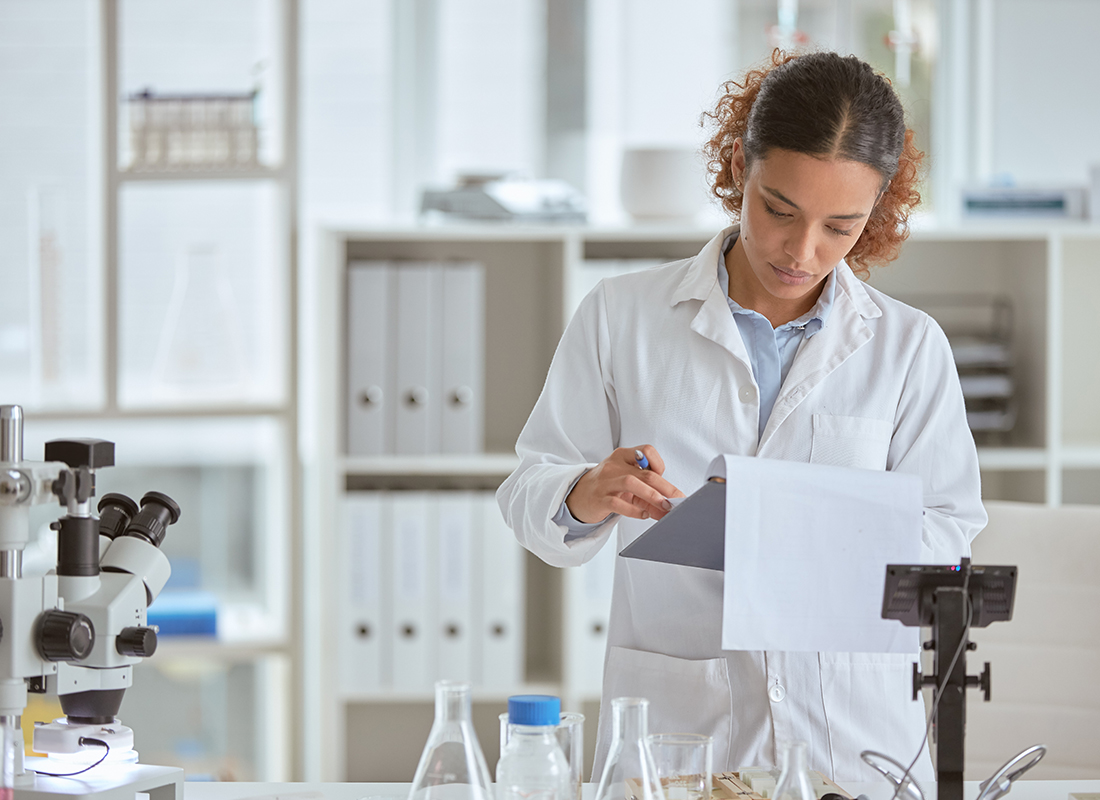
The official publication of the FDA’s final rule regarding regulation of laboratory-developed tests (LDTs) on May 6 has raised many questions for lab leaders. The exemption of some areas of testing from FDA oversight, while welcomed by the industry, has caused confusion for many, based on questions sent by our readers. Julie Ballard, principal of clinical laboratory consulting company Carrot Clinical, shares her first thoughts on the final rule and immediate steps for labs.
Q: What surprised you most about the FDA’s final LDTs rule and why?
A: Like [fellow regulatory expert] Shannon Bennett, I was most surprised by the inclusion of targeted enforcement discretion. My impression from reading the proposed rule, along with FDA declining to extend the public comment period and their argument that enforcement discretion was no longer appropriate, was that FDA was taking a firm stance that LDTs are IVDs with few exceptions and would therefore be overseen by FDA. Targeted enforcement discretion in the final rule actually allows for more flexibility.
Q: Which aspects of the rule do you think labs will find most challenging and why?
A: Initially, navigating the targeted enforcement discretion may be challenging due to its flexible framework. While targeted enforcement discretion lessens certain requirements for labs, it also introduces ambiguity. The proposed rule was somewhat black and white in that LDTs are IVDs and enforcement discretion would be revoked. With targeted enforcement based on the type of lab test, there are now gray areas that will need careful review and interpretation by labs to understand which requirements apply.
Q: What should labs do now to address the rule?
A: Learn and understand the final rule, keeping in mind that there are still open questions. FDA will issue guidance documents and can revise policies, so continued vigilance of updates is essential while the regulatory landscape continues to evolve.
Join us and our colleagues at Today’s Clinical Lab on May 30 as Julie and fellow regulatory expert Shannon Bennett of Mayo Clinic present on the FDA’s LDTs final rule and share further steps for what labs can do next. Learn more.
Get Shannon’s take on the FDA’s LDTs final rule here.
________________________________________________________________________________________________________________________________________
Julie Ballard, principal of Carrot Clinical, is an independent clinical laboratory consultant with 25+ years of experience in helping organizations build and maintain world-class CLIA-certified and CAP-accredited clinical laboratories.
She assists clients with building, scaling, and maintaining clinical laboratories, quality systems, and regulatory programs; attaining CLIA certification, CAP and COLA accreditation, and California and New York state licenses; and launching novel laboratory-developed tests (LDTs).
Julie is a licensed California Clinical Laboratory Scientist (CLS). Prior to founding Carrot Clinical, Julie played prominent roles in establishing quality management systems, regulatory compliance programs, and laboratory operations at ViroLogic (now Monogram Biosciences), Genomic Health (now Exact Sciences), Guardant Health, GRAIL, and Seer.
